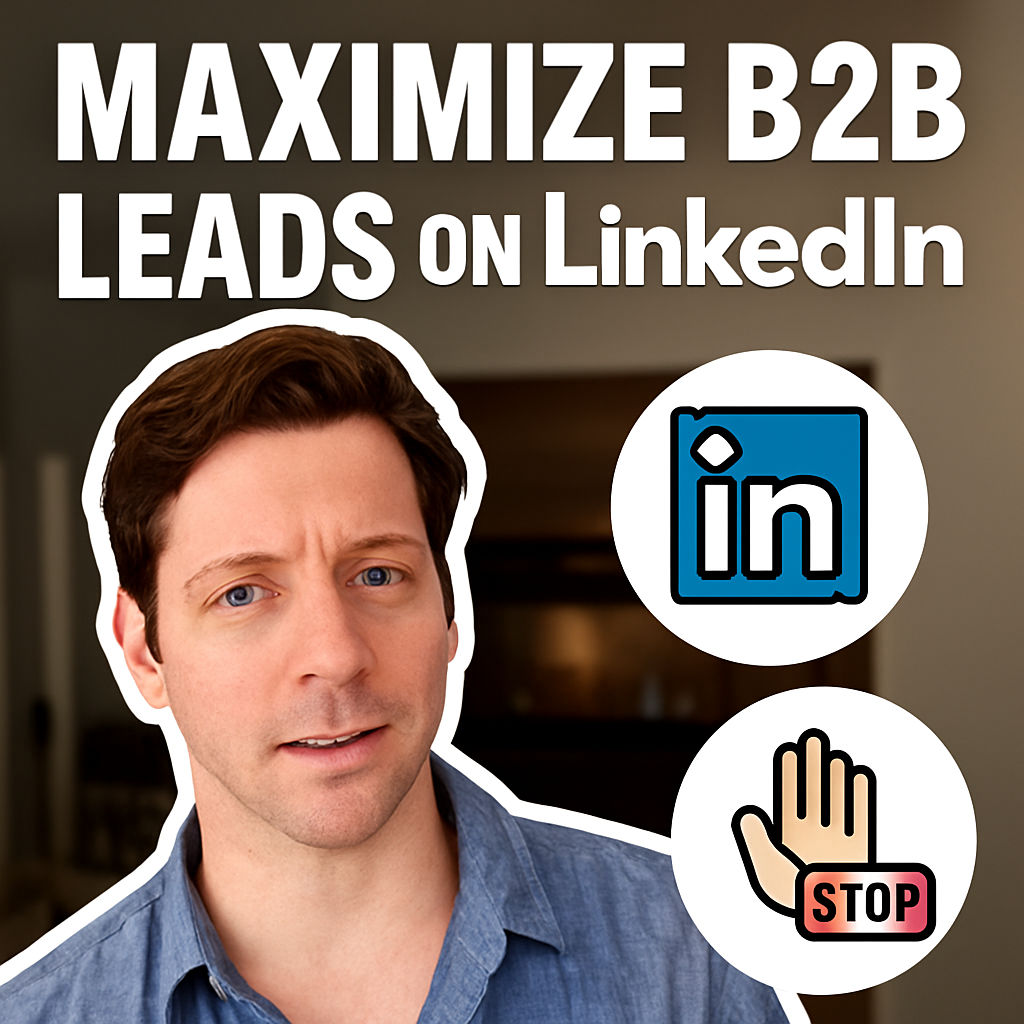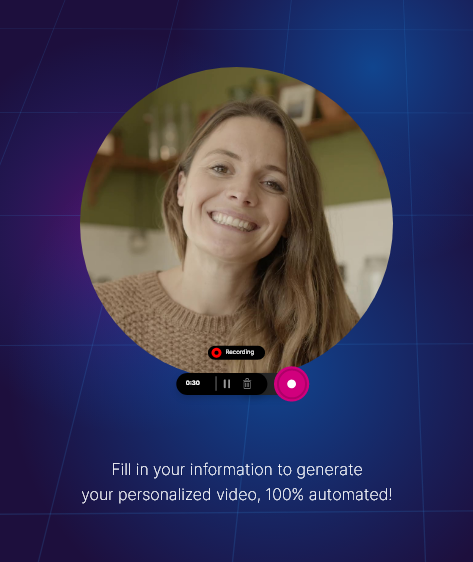If you’re in your 20s or 30s, the choices you make today will shape the trajectory of your career, wealth, and overall fulfillment for decades to come. Achieving success early isn’t just about finding a secret shortcut—it’s about consistently applying the right frameworks, learning from mistakes, and relentlessly focusing on activities that generate outsized results. In this guide, we distill proven advice on building wealth, resilience, and self-discipline while navigating these crucial decades of your life.
Based on the original video:
Leverage Asymmetric Bets in Your 20s and 30s
One of the most powerful advantages you have when you’re under 30 is the ability to take what are called “asymmetric bets.” These are decisions where your downside risk is limited or negligible, but your upside potential is massive. Your 20s offer a rare window where you can go all-in on bold business ideas, career shifts, and projects with little to lose and everything to gain.
Think of each opportunity as a lottery ticket—if it doesn’t work out, you’ve merely lost a scratch-off, but you gain experience every time. The process is cumulative: every attempt, even if it ends in “failure,” adds to your competence, resilience, and knowledge base. As you learn and iterate, your odds of success increase exponentially. The key is to take more shots than anyone else and realize you are never truly starting from zero after your first attempt.
Stacking Experiences Builds Your Bridge to Success
Contrary to popular belief, success isn’t typically one giant leap; it’s the result of incremental progress. Imagine building a bridge one brick at a time, falling and correcting the path as needed. With each effort, you’re laying down more bricks, getting closer to your goal—sometimes failing, but always learning. The ‘overnight success’ is an illusion; the process is slow and iterative until, eventually, all your experience compounds into a breakthrough.
- Take calculated risks while your downside is minimal
- Embrace each failure as a crucial learning investment
- Experience is cumulative, always leaving you net positive
Why Competence Beats Passion: Rethinking Career Advice
Too often, we’re told to “follow your passion”—but this can lead to indecision, frustration, or a career chasing a moving target. Instead, focus on developing rare and valuable skills where you have a natural advantage. Passion often follows competence, not the other way around. When you become exceptionally good at something, you’re more likely to enjoy it, receive recognition, and be able to command higher earnings in the market.
The truth is, your passions will likely evolve with time. What excites you at 20 might not at 30, 40 or beyond. By building your career around skills that people are willing to pay for today—and at which you can excel—you give yourself the freedom and resources to pursue any interest later.
Case Study: From Many Ventures to Singular Focus
Imagine juggling six businesses at once. On paper, it sounds impressive, but operating without focus leads only to stress, spread-thin attention, and mediocre results. The breakthrough comes from consolidating efforts: dropping what’s unnecessary or ineffective and doubling down on the one opportunity that maximizes your strengths and the market’s demand.
This isn’t just theory. Many successful entrepreneurs struggled with “imposter syndrome” as they pretended to be successful across multiple fronts. The solution: stop lying to yourself and others. Choose excellence in one area and let your actions speak for themselves over time. Focus not only brings results, it brings peace of mind.

The Pitfall of Distraction: Why Networking Isn’t Always the Best Investment
Many young professionals believe that networking is the key to unlocking new opportunities. While relationships matter, there are seasons to prioritize connections and seasons to focus on craft. Early in your journey, say “yes” to new experiences to learn where your strengths lie. But as soon as you discover your edge, shift to a phase of unwavering focus, cutting out unnecessary meetings and potential distractions.
Ultimately, the work is what attracts high-value partners and collaborators, not just who you know. When your results speak for themselves, the right doors will open—often more than you could have imagined. Winners isolate to work deeply, and only later connect with peers who respect their output.
- Early: Explore broadly and learn what fits
- Later: Focus deeply and exploit your unique advantage
- Saying “no” becomes more valuable than always saying “yes”
The Power of Your Reference Group
Your closest associates set your standards. As you grow, let your circle evolve to include people who challenge and inspire you. The fastest way to upgrade your life? Change who you spend time with and compare yourself against. Your work ethic and results become your invitation to higher circles of achievement.
For a deeper comparison of scheduling and networking tools, and how these technologies impact productivity and connections, you may find additional insights in this analysis of Doodle’s strengths and weaknesses for meetings.
Move Fast, Decide Now: Money Loves Speed
Decisions are the bottleneck for most people—not action. Every day spent in indecision is another day lost, and few choices are truly irreversible. If you can correct a mistake easily, don’t let fear slow you down. It’s almost always better to make a decision quickly, learn from results, and adjust on the fly than to wait for perfect information that never arrives.
The heaviest weight you’ll carry is often unmade decisions. Every small delay compounds, stalling your progress more than any single misstep. Winners develop the habit of closing decision cycles quickly and iterating relentlessly. Decide at the end of the day, the end of the hour—or even immediately—and you’ll move through life at a pace most can’t match.
Embrace Uncertainty as the Permanent Condition
If you crave perfect certainty before acting, entrepreneurship and rapid career growth may not be for you. Every new venture, promotion, or investment comes with unknowns. The skill that sets top performers apart is their comfort with acting amidst incomplete information. Test, refine, and learn faster than others—this is what creates outsized success.

Understanding and Paying Down Different Types of Debt
Most people focus only on financial debt, but the most expensive and limiting kind is “ignorance debt.” This is the gap between what you don’t know and what you need to know to reach your goals faster. The only way to pay down ignorance debt is by making mistakes, seeking feedback, and embracing failures as tuition. Experts are just people who have made and learned from every mistake in a narrow field.
Ask yourself: How expensive is your current inaction? Every day you postpone learning or making a hard decision is a day you’re farther from your goals, not just standing still. The price of inaction is often much higher than the cost of a single failure—so take the step, learn quickly, and pay down your ignorance debt with speed.
- Financial debt can often be fixed with creative earning
- Ignorance debt requires investment in effort and humility
- Not paying debt—of either kind—delays your progress indefinitely
Release the Grip of Other People’s Judgments
Many opportunities are missed because we’re held back by voices that aren’t even our own. Before making a big decision or leap, ask yourself: whose opinion are you really afraid of? Is it family, colleagues, or even vague acquaintances? Once you name those voices and realize how little their judgment truly matters, you free yourself to act for your own reasons and future.
Transcend Your Own Past
It’s easy to point to past disadvantages or tough experiences as reasons why you “can’t.” But, as is often the case, the best stories and greatest successes arise from overcoming real obstacles. Rather than collecting excuses, collect evidence that you can take action and win regardless of your starting point. Use adversity as your origin story, not your finish line.
Consistent Action Outranks Talent or Intelligence
The people who achieve the most aren’t necessarily the smartest—they’re the most determined and consistent. Success often resembles a long string of unimpressive failures followed by breakthroughs. Consistency doesn’t look flashy in the moment, but it’s nearly impossible to fail if you keep showing up and learning, day in and day out.
Boredom, Sacrifice, and the Reality of Daily Progress
Results compound over years, not days. Winning requires being willing to do the same things—sometimes boring, sometimes uncomfortable—over and over without applause. Daily habits, micro-decisions, and a tolerance for routine are the foundations of sustainable achievement. No one will cheer for what you do on an “ordinary Tuesday,” but that’s what builds the extraordinary life.

Trade-Offs: Accepting Sacrifice to Achieve Your Goals
Success in your 20s and 30s is about conscious trade-offs. Every hour spent on distractions is an hour not spent building skills, launching your venture, or moving closer to your goals. While social media and entertainment feel urgent in the moment, they rarely matter a year later. Ask yourself if you’re really sacrificing anything valuable—or finally aligning your behavior with your true priorities.
There Are No Perfect Do-Overs
You only live your 20s or 30s once. Wasting them on underutilizing your talents or avoiding discomfort brings regret. Conversely, choosing hustle and growth now sets you up for a life with far more optionality and satisfaction.
If you’re exploring ways to optimize your time and automate meetings as you build, strategies found in this in-depth guide to scheduling for freelancers provide a practical edge in staying organized and focused.
Solve Bigger Problems for Bigger Rewards
If you want to earn more, seek out bigger challenges. The size of the problems you solve is proportional to the value you can create—and the compensation you receive. Both small and large ventures require hard work and endurance, so if you’re going to invest significant effort, choose goals with meaningful impact and reward.
It’s a common misconception that “safer” goals are easier. In reality, the competition for ordinary aims is fierce, while bigger, bolder ambitions are often less crowded. Don’t avoid difficulty; lean into it where the potential prizes are larger and the competition is less intense.
Embrace Unconventional Paths—And Ignore the Noise
Standing out requires acting differently from “normal” people. If your choices make you the outlier in your friend group, that’s often a sign you’re on the right track. Critics, doubters, and naysayers are simply projecting their own preferences onto you. Their disapproval means little if you’re building a life that aligns with your values and ambitions.
The Value of Healthy Obsession
What others call “obsession,” effective achievers call standard operating procedure. Don’t let criticism about work-life balance or “doing too much” distract you. If you want extraordinary outcomes, you’ll need to devote extraordinary focus and energy to your craft. Excellence in any arena always demands a period of intense commitment, often at the expense of balance.
Work Both Hard and Smart—Then Compress Decades Into Years
It’s not enough to simply “work smart”—someone else out there is working both smart and hard. By combining rigorous, creative problem-solving with relentless execution, you can accomplish in a few years what others might never achieve in a lifetime. The aim is to bring forward the next 20 or 30 years of work, effort, and learning into a compressed span—and then enjoy the fruits for the remainder of your life.
Help More, Earn More
The more people you help, the more resources you’ll gain to extend your influence and impact even further. Building wealth allows you to serve at a larger scale, even if your original goal is to help others above all.
Be Comfortable with Boredom and Consistency
We often romanticize creativity and inspiration, but achievement—whether in fitness, finances, or business—demands accepting repetitive tasks and moments that don’t feel exciting. Creativity only emerges after periods of structured discipline and routine. If you aren’t willing to be bored, you won’t get to exceptional outcomes.
Summing Up: The Core Formula for Success in Your 20s and 30s
- Take as many calculated risks as your situation allows; act quickly
- Focus on developing rare, valuable skills—competence breeds passion
- Choose deep excellence in one area over surface-level breadth
- Work decisively; embrace uncertainty and iterate fast
- Surround yourself with high-caliber peers; prune your circle as you grow
- Pay off both financial and ignorance debt—constantly learn and unlearn
- Don’t let others’ opinions dictate your trajectory
- Consistency trumps talent; show up daily and embrace necessary sacrifices
- Solve bigger problems for bigger returns
- Compress your working years through smart, hard, and focused work
The ultimate advice for your 20s and 30s: Figure out what you want, ignore the opinions of others, and do so much volume that it would be unreasonable not to be successful.
FAQ: Achieving Success in Your 20s and 30s
What are asymmetric bets, and why do they matter in your 20s?
Asymmetric bets are opportunities where the potential upside far outweighs the possible downside. In your 20s, when you have fewer responsibilities and less to lose, taking bold personal or professional risks can set you up for life-changing results—or at least invaluable learning. The cost of failure is low, but the payoff can be enormous.
How do you know what skills or areas to focus on for success?
Instead of seeking passion, identify areas where you have a natural advantage or competence and where there’s a proven market demand. Skills that people pay for, and that you’re good at, provide the foundation for sustainable success and future flexibility.
How important is networking versus focusing on your craft early on?
While networking can open doors, it’s more important—especially early in your journey—to develop deep competence in your chosen field. When your track record and abilities are strong, valuable connections will naturally gravitate toward you. Prioritize work over endless meetings and distractions.
Why is consistent action emphasized over talent or intelligence?
Consistent, daily progress compounds much faster than sporadic, high-intensity sprints. Talent and intelligence matter, but the persistent application of effort—especially when confronted with setbacks—creates an unstoppable momentum that almost always wins in the long run.
How can you avoid regret and wasted time in your 20s and 30s?
Decide quickly, act relentlessly, and accept the necessary sacrifices to achieve your goals. Avoiding difficult decisions or giving in to distractions will only lead to regret. Focus on what you want most and relentlessly execute against it.







